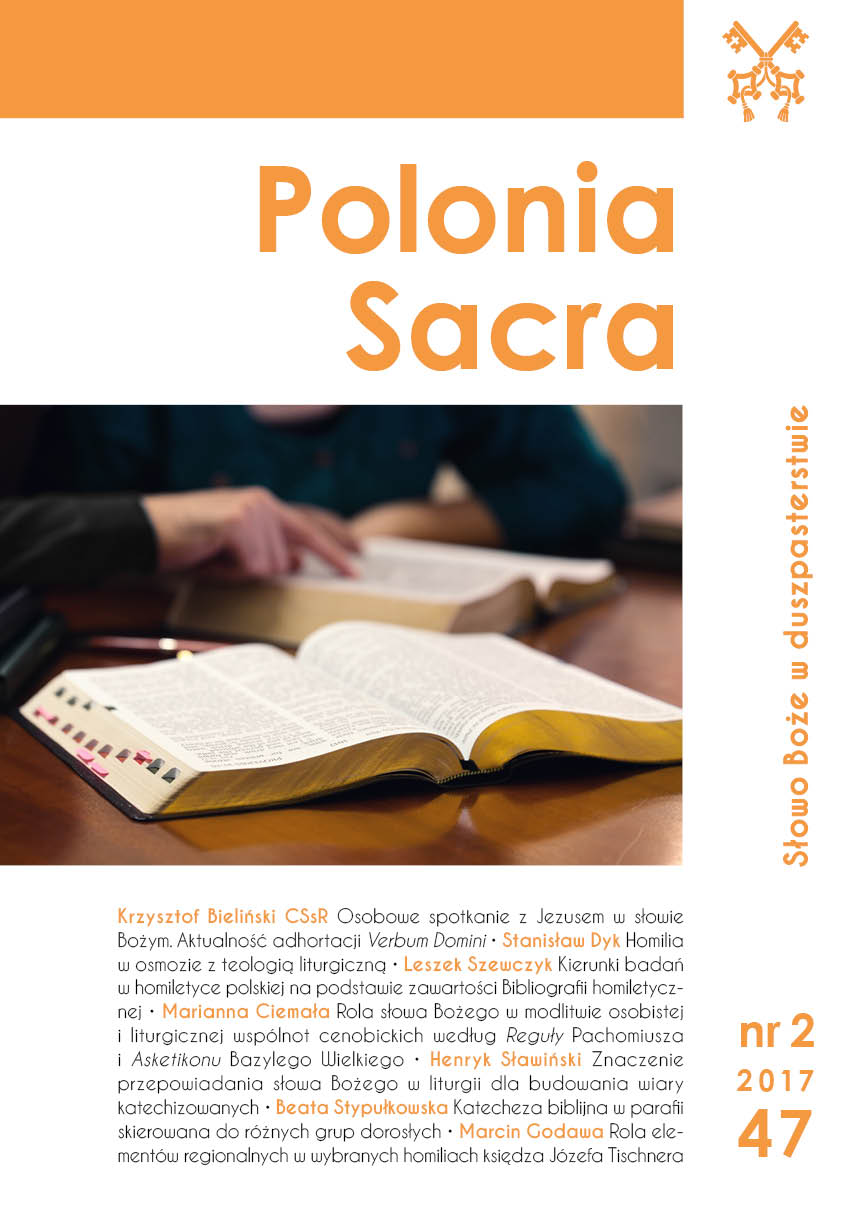Epifanijne znaczenie konania Jezusa w Ogrójcu w świetle communicatio idiomatum
The Epiphanial Meaning of Jesus’ Agony in Gethsemane in the Light of the Communicatio Idiomatum
Author(s): Jan Strumiłowski OCistSubject(s): Christian Theology and Religion, Theology and Religion, Systematic Theology, Pastoral Theology
Published by: Wydawnictwo Naukowe Uniwersytetu Papieskiego Jana Pawła II w Krakowie
Keywords: Christology; Revelation; trinitology; communication of properties; suffering
Summary/Abstract: The hypostatic union in Christ consists in that, in Christological statements, we may attribute the qualities of both natures to the unique person of the Incarnated Word, having in mind their distinctiveness, which corresponds with the Chalcedonian Definition: “unconfusedly, unchangeably”. However, the character of this union assumes also that, given the other determiners: “indivisibly” and “inseparably”, both natures adhere one to the other so closely, that through one nature the other is expressed (the divinity is revealed in humanity), which constitutes the condition of the epiphanial character of the incarnation. In the light of these assumptions the present article attempts to interpret the Jesus’ agony in Gethsemane not by attributing the features of the human nature (suffering) to the divine one, but by extracting from this occurrence all its epiphanial potential. In other words, the point is to read what the Jesus’ suffering in Gethsemane may reveal of his divine nature.
Journal: Polonia Sacra
- Issue Year: 21/2017
- Issue No: 2
- Page Range: 185-203
- Page Count: 19
- Language: Polish

